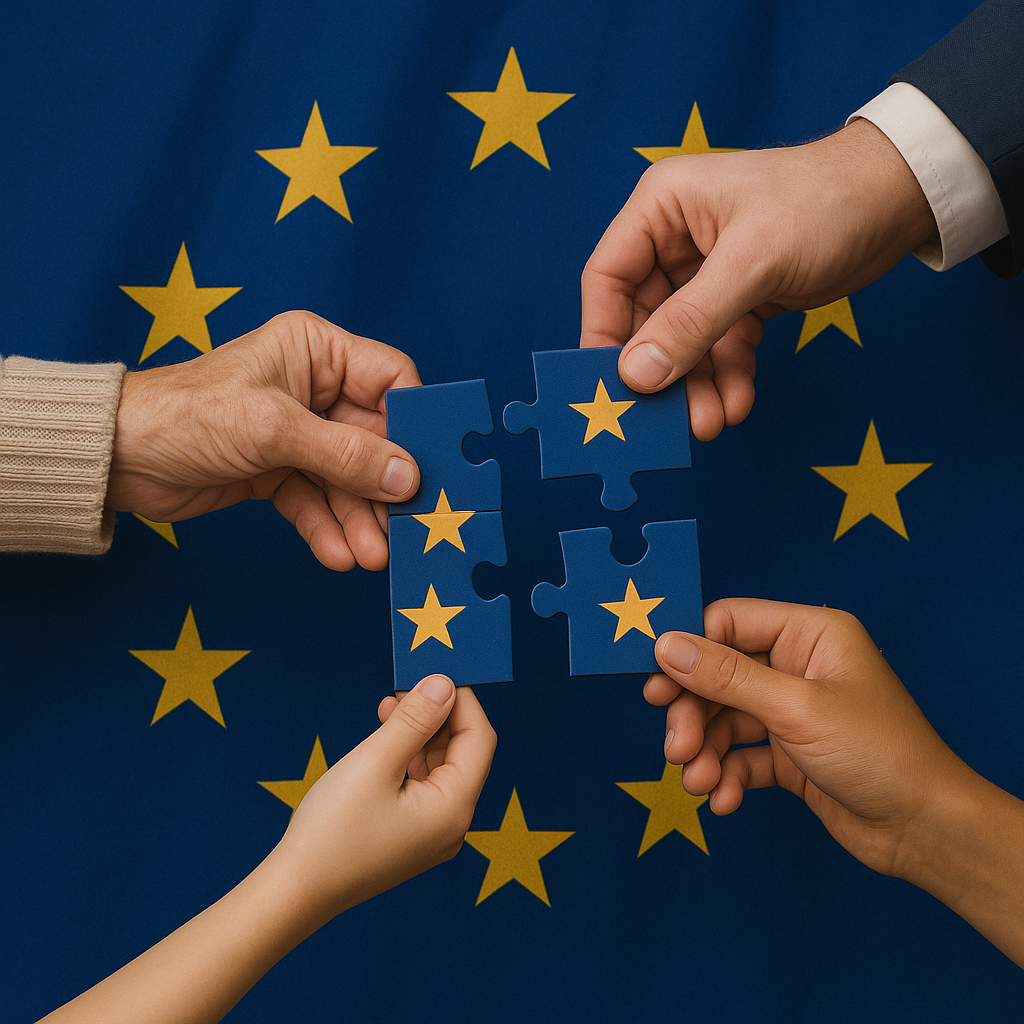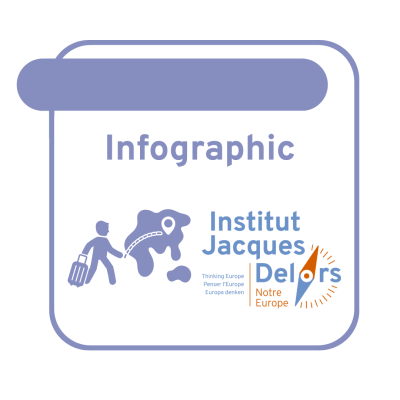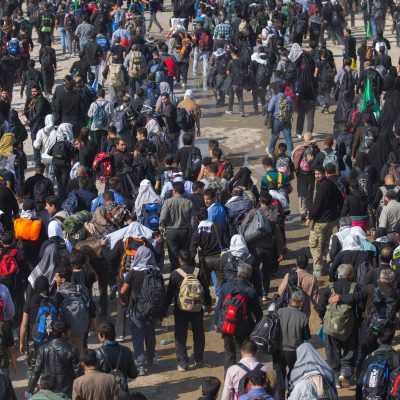Migration: a neglected challenge for saving the European welfare state

This Policy Paper is a contribution of Hans Martens (EPC), to the project Think Global – Act European (TGAE). Thinking strategically about the EU’s external action directed by Notre Europe – Jacques Delors Institute (report available in March 2013, dir. Elvire Fabry, Senior Research Fellow, Notre Europe – Jacques Delors Institute).
The consequences of the future demographics of Europe can have a deep impact on the “European way of life” – in particular as the strains on financing the European welfare state occur as the large baby-boomer generations goes into retirement at the same time as the lowest fertility rate experienced since the 1960s means fewer people to pay into the system.
Reforms are needed, and the question is whether migration can help address these issues. It can, but only if the European economies are capable of growing enough to create the jobs, meaning that migrants can be integrated into the labour market and thus contribute to financing the welfare system. This will pose challenges as the countries with a population surplus are also those countries which have revealed to be difficult to integrate . This calls for a change – and a drastic improvement – in Europe’s integration policies, including not only a public debate about the benefits, or necessity, of migration and integration, but also a series of Europe-wide initiatives.




